Construction Machinery
- 20 years production and exportation experience
- 12 production lines, 5000pcs/month/line production capacity.
- 10+years QC monitor products quality
- 8+ years experienced skilled workers
- Export to 68+ countries
- Laser cutting, Robort weldine,fine fhinshing ect advanced production equipments.
Small Construction Machinery Manufacturer
Small construction machinery is the backbone of many job sites, particularly in urban development, landscaping, and renovation projects. These machines are designed to be compact, powerful, and efficient—allowing operators to complete heavy-duty tasks in tight spaces where traditional large-scale equipment can’t reach.
From plate compactors and mini excavators to vibratory rollers and concrete cutters, small machinery bridges the gap between manual labor and full-sized industrial tools. Their growing popularity reflects a shift in construction strategies where agility, precision, and affordability are paramount.
PME specializes in the production of various commonly used construction machinery, including plate compactor, tamping compactor, road roller, power trowel, floor saw, surface finishing screed, mini dumper, floor grinder, high pressure washer, concrete vibrator, and steel bar machine.
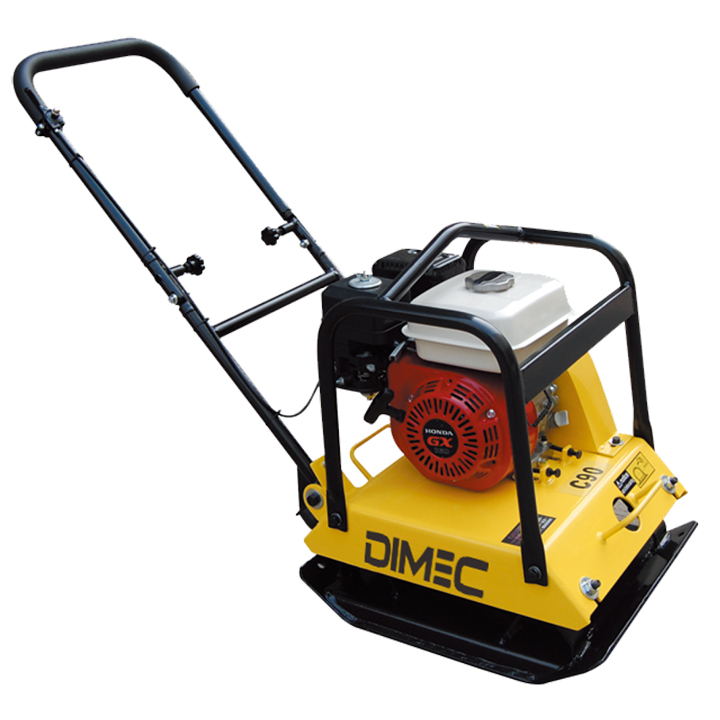
Plate Compactor
Plate compactors are versatile machines used for compacting soil, gravel, and asphalt surfaces. They consist of a heavy steel plate mounted on a vibrating base, which exerts downward pressure and vibrations to compress and consolidate the material.
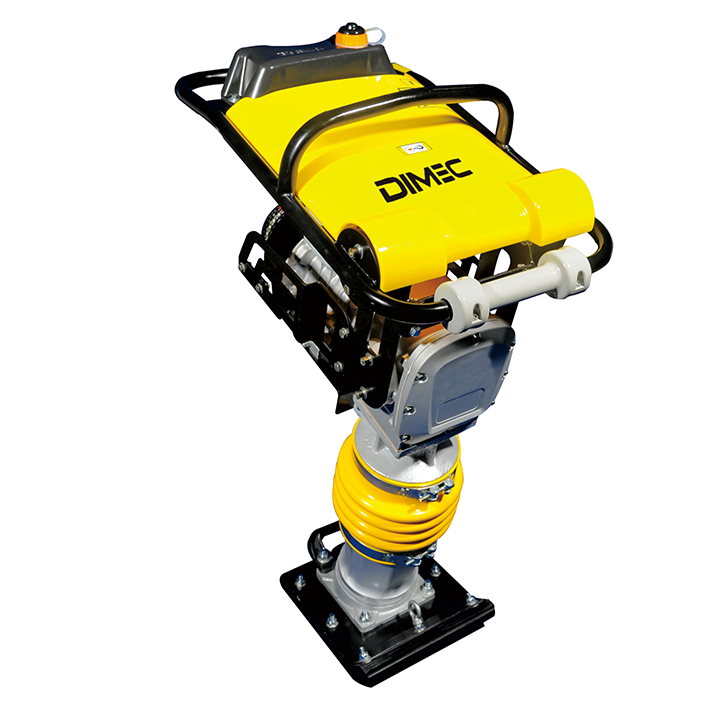
Tamping Compactor
Tamping compactors, also known as rammer compactors or jumping jacks, are handheld machines used for compacting soil in tight or hard-to-reach areas. They feature a compacting foot that jumps or vibrates rapidly to achieve maximum compaction.
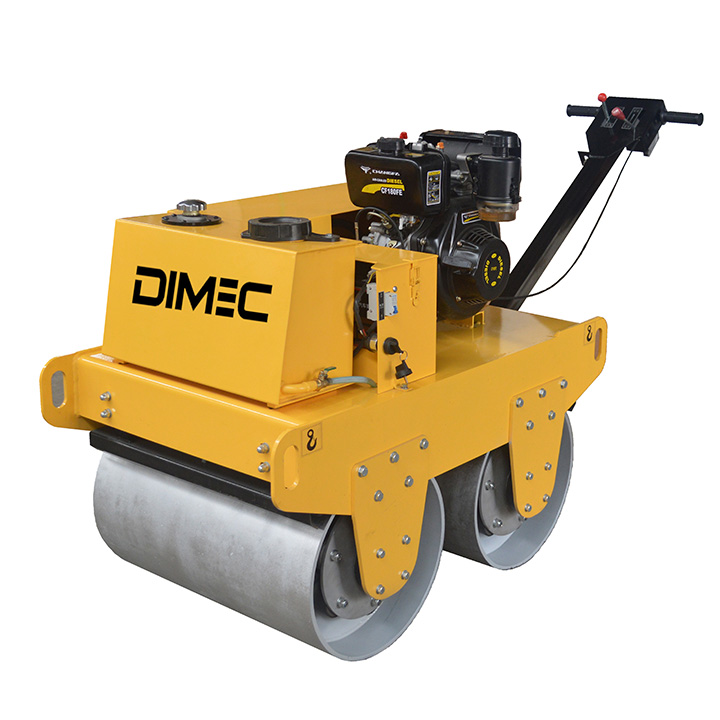
Road roller
Road rollers, also called steam rollers or asphalt rollers, are heavy-duty machines used for compacting and smoothing road surfaces. They come in various sizes and configurations, including vibratory rollers and pneumatic tire rollers, depending on the specific application and project requirements.
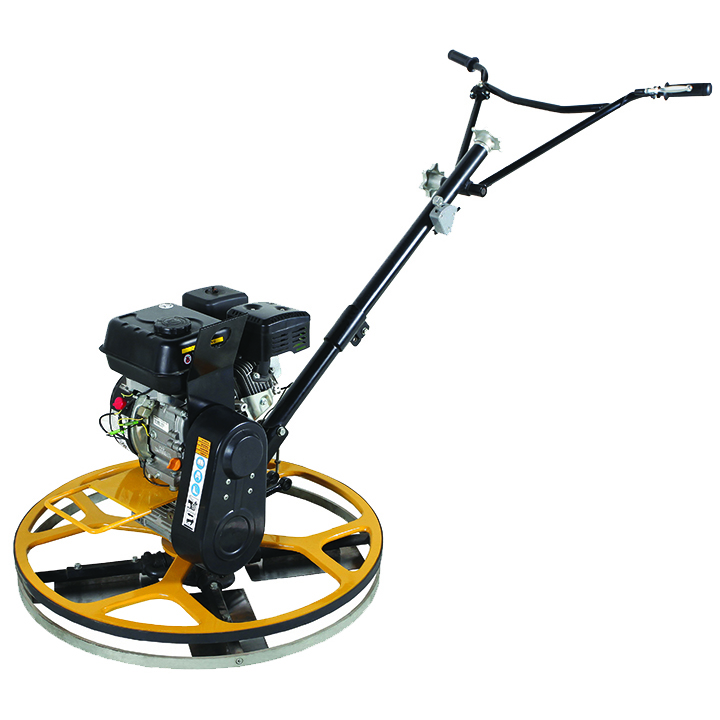
Power Trowel
Power trowels are motorized machines used for finishing concrete surfaces, such as floors, sidewalks, and driveways. They feature rotating blades or paddles that smooth and level the concrete, leaving a polished and professional finish.
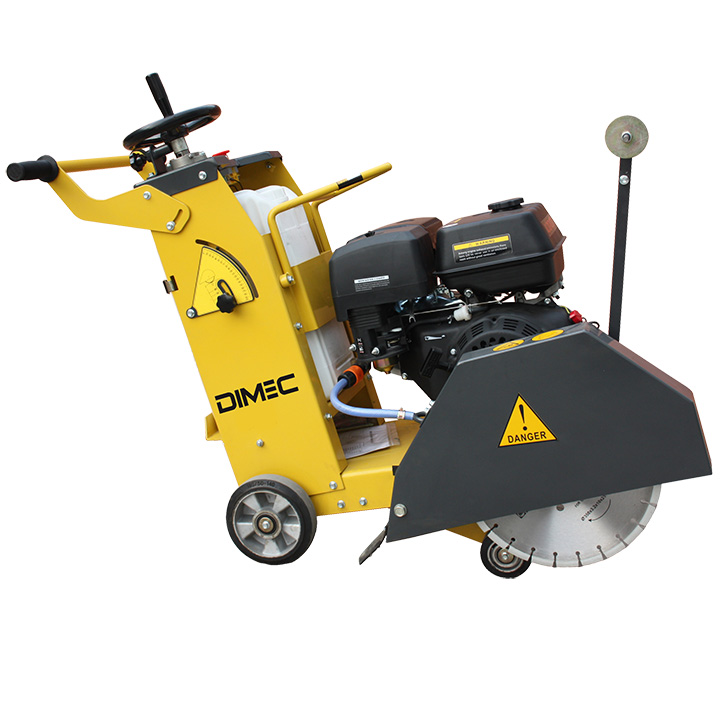
Floor Saw
Floor saws, also known as concrete saws or road saws, are specialized machines used for cutting concrete, asphalt, and other hard surfaces. They are commonly used in construction, demolition, and repair projects to create clean and precise cuts.
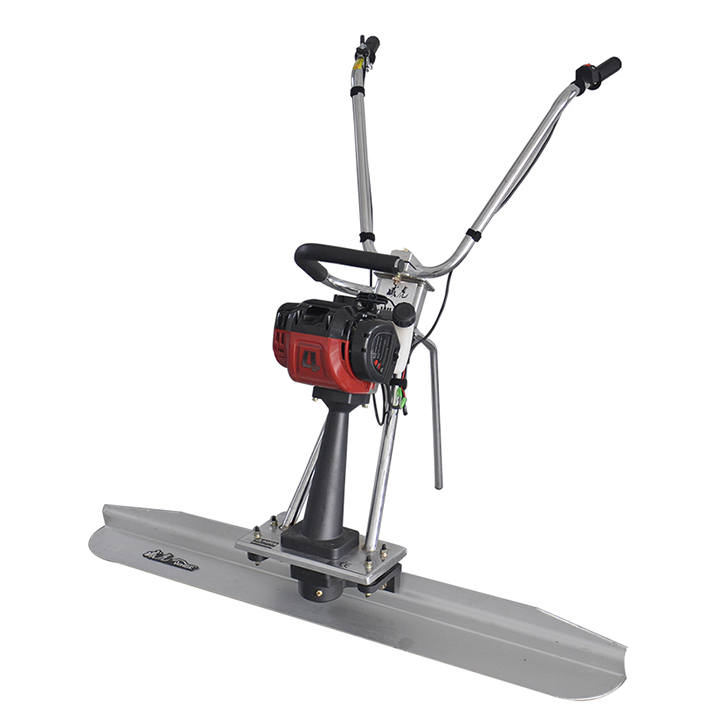
Surface Finishing Screed
Surface finishing screeds are used for leveling and smoothing freshly poured concrete surfaces. They consist of a straight edge or beam that is dragged across the surface to remove excess concrete and achieve a uniform finish.
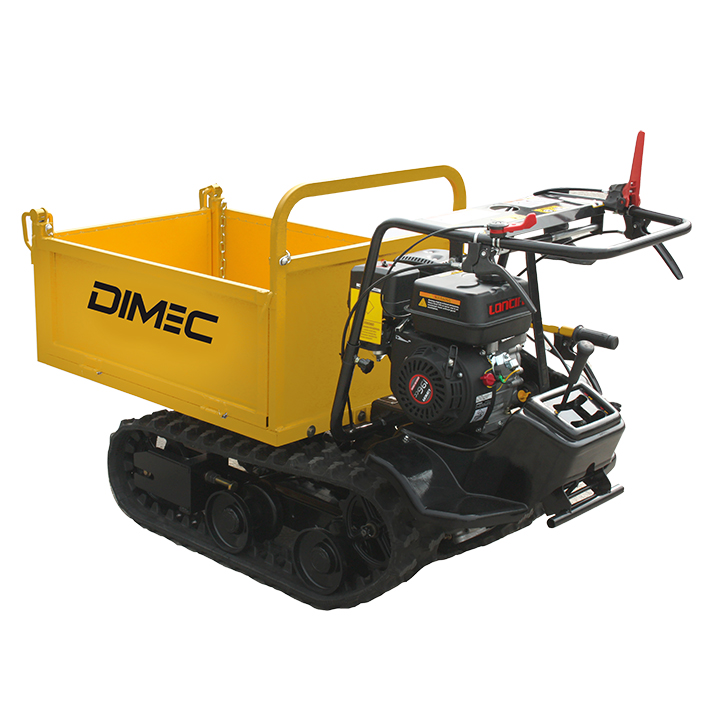
Mini Dumper
Mini dumpers, also called tracked dumpers or power barrows, are compact and maneuverable machines used for transporting materials on construction sites. They are ideal for moving heavy loads in tight or restricted areas where larger vehicles cannot access.
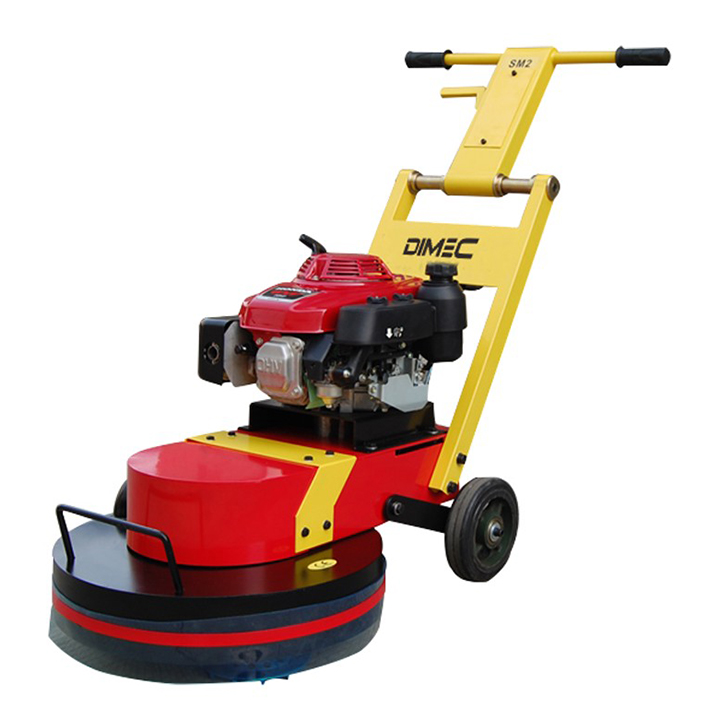
Floor Grinder
Floor grinders are heavy-duty machines used for grinding and polishing concrete floors. They feature rotating discs or stones that remove surface imperfections and create a smooth and glossy finish.
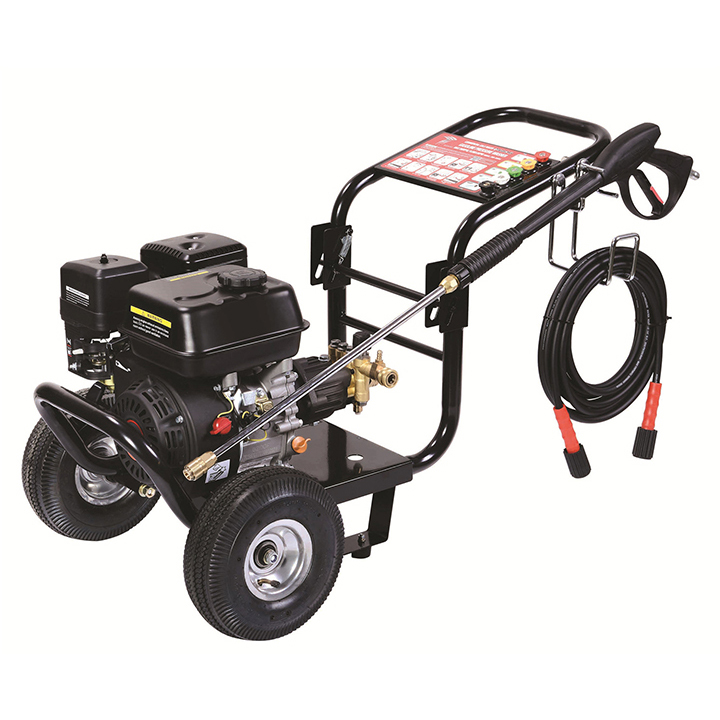
High Pressure Washer
High-pressure washers, also known as power washers, are used for cleaning and removing dirt, grime, and debris from various surfaces. They deliver a powerful jet of water at high pressure to effectively clean surfaces such as walls, driveways, and equipment.
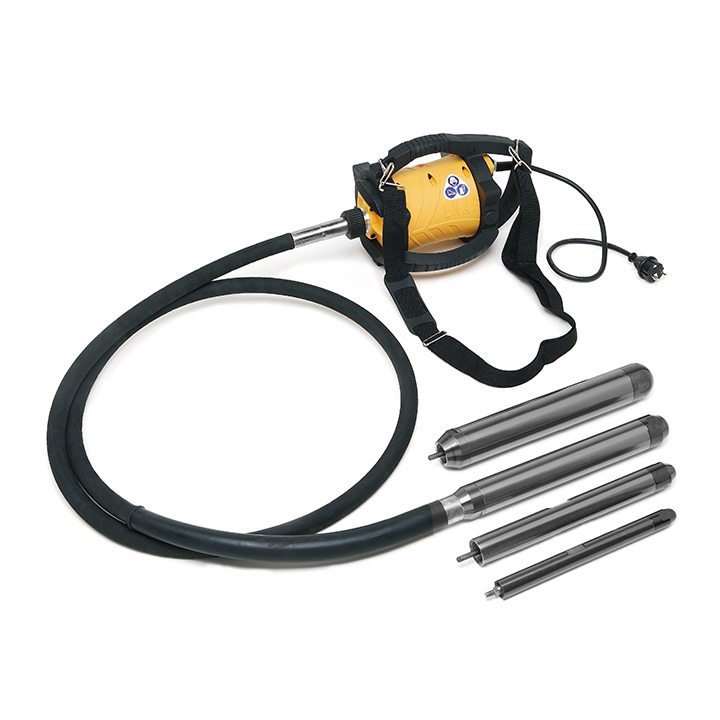
Concrete Vibrator
Concrete vibrators are used for consolidating and compacting freshly poured concrete to remove air bubbles and ensure proper compaction. They come in various sizes and configurations, including handheld vibrators, internal vibrators, and external vibrators.
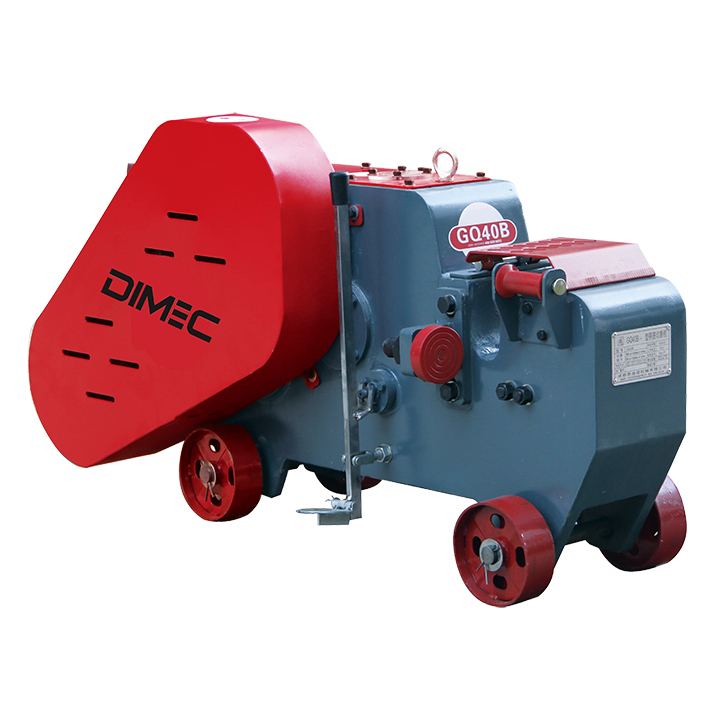
Steel Bar Machine
Steel bar machines, also known as rebar bending machines or rebar cutting machines, are used for processing and shaping steel reinforcement bars used in concrete construction. They can bend, cut, and shape steel bars to precise dimensions and angles according to project specifications.
Why Small Construction Equipment Matters in Modern Construction
Efficiency in Compact Designs
One of the standout advantages of small construction machinery is its ability to function effectively in limited spaces. Whether it’s a residential backyard or a tight alley in a metropolitan area, compact equipment gets the job done without disrupting surroundings.
Key efficiency benefits include:
-
Improved maneuverability in constrained areas
-
Faster project turnaround times
-
Minimal site damage, especially to landscaping and infrastructure
Cost-Saving Benefits for Contractors
Affordability isn’t just about the sticker price. Small construction equipment offers savings across the board:
-
Lower fuel consumption
-
Easier transport and storage
-
Reduced maintenance costs
-
Shorter learning curve for operators
These benefits make it especially appealing for small contractors and startups looking to maximize value without compromising on performance.
Innovations in Compact Equipment
Modern construction sites demand smarter and cleaner solutions. Manufacturers are rising to the occasion with cutting-edge developments:
Electric and Battery-Powered Models
Driven by global emissions regulations and green building initiatives, many companies now offer battery-operated compact equipment.
Benefits include:
-
Zero tailpipe emissions
-
Lower operational noise—perfect for residential areas
-
Reduced maintenance (no oil changes or fuel filters)
Electric compactors, mini skid steers, and micro excavators are quickly gaining popularity due to their low carbon footprint and cost-effectiveness.
Telematics and Smart Controls
Smart machinery offers real-time data that helps improve uptime and job site efficiency.
Smart features include:
-
GPS tracking and geo-fencing
-
Remote diagnostics and maintenance alerts
-
Usage reports for better resource planning
With these tools, businesses can maximize productivity while minimizing operational risks.
Choosing the Right Machinery for Your Business
Selecting the right tool starts with asking the right questions. Whether you’re a solo contractor or managing a fleet, these factors matter:
Project-Specific Requirements
Analyze the scope and environment:
-
Is the site confined or open?
-
What material needs to be handled?
-
Is frequent transportation necessary?
Example: A narrow backyard trenching job would benefit from a zero-tail swing mini excavator.
Budget Considerations
Don’t just compare purchase prices. Evaluate:
-
Fuel and maintenance costs
-
Training and operator skill levels
-
Resale value
Sometimes a more expensive brand pays off through longer service life and reliability.
Dealer Support and Service Network
A solid local dealer can be the difference between days or hours of downtime.
Look for:
-
Availability of spare parts
-
Skilled technicians for quick repairs
-
Training and operational support
Maintenance Best Practices
Routine maintenance ensures both safety and long-term savings. Here’s how to keep your machines in top shape:
Daily Inspections and Safety Checks
Before each use:
-
Inspect fluid levels
-
Look for leaks or worn hoses
-
Test brakes and control levers
-
Clean air filters and check tire/tracks
Scheduled Maintenance Routines
Follow the manufacturer’s service interval chart. Typical tasks include:
-
Oil and filter changes
-
Battery checks
-
Calibration of electronic systems
-
Greasing all joints and moving parts
Pro tip: Keep a logbook to track maintenance for warranty claims and resale value.
Long-Term Storage Tips
If machines won’t be used for weeks or months:
-
Drain fuel or use stabilizers
-
Store indoors or use weather-resistant covers
-
Disconnect batteries
-
Lubricate moving parts to prevent rust
Comparing Renting vs Buying Equipment
Should you rent or own your machinery? Both paths have their pros and cons:
Pros and Cons of Renting
Pros:
-
No maintenance or storage concerns
-
Access to latest models
-
Ideal for one-off or seasonal projects
Cons:
-
Long-term rentals can be costlier
-
Limited customization
-
Availability might vary
When Buying Makes More Sense
Ideal when:
-
Equipment is used daily or weekly
-
Long project timelines demand reliability
-
Tax deductions for capital expenses are beneficial
Bonus: Owned equipment can be branded for marketing your company!
Environmental Impact of Small Construction Machinery
Modern construction practices must factor in sustainability and emissions control. Here’s how compact machines contribute:
Emission Standards Compliance
Most manufacturers comply with Tier 4 and EU Stage V standards—meaning fewer emissions and less environmental harm.
Some features include:
-
Diesel Particulate Filters (DPFs)
-
Selective Catalytic Reduction (SCR) systems
-
Low-emission engines and electric alternatives
Fuel Efficiency Innovations
From automatic idle shut-off to eco-modes, today’s machines are built to conserve fuel.
Other perks:
-
Lower total ownership cost
-
Reduced refueling needs
-
Supports green building certifications like LEED
Frequently Asked Questions (FAQs)
1. What is the lifespan of small construction machinery?
Most machines last 8–15 years with regular maintenance. Usage hours and operating conditions play a big role.
2. Is electric compact machinery powerful enough for professional use?
Yes. New-generation electric machines rival diesel models in torque and runtime, especially for urban and indoor projects.
3. How often should I service my mini excavator?
Every 250–500 hours, or per manufacturer guidance. Daily checks and monthly inspections are also crucial.
4. Can I finance the purchase of small construction machinery?
Absolutely. Most dealers offer financing plans or leasing options tailored to contractor budgets.
5. What are the best brands for beginners?
Brands like Wacker Neuson and DIMEC offer intuitive controls and solid dealer support—great for new operators.
6. Do compact machines retain resale value?
Yes. Well-maintained equipment from trusted brands holds strong resale value, especially if backed by service logs.
Conclusion and Final Thoughts
The role of small construction machinery in today’s industry is more critical than ever. From enhancing project efficiency to aligning with eco-standards, compact equipment delivers big results in small packages.
When choosing a small construction machinery manufacturer, prioritize not just product specs—but innovation, dealer support, and long-term value. Whether you’re renting for a one-off job or investing in a fleet, the right decisions today will shape your success tomorrow.